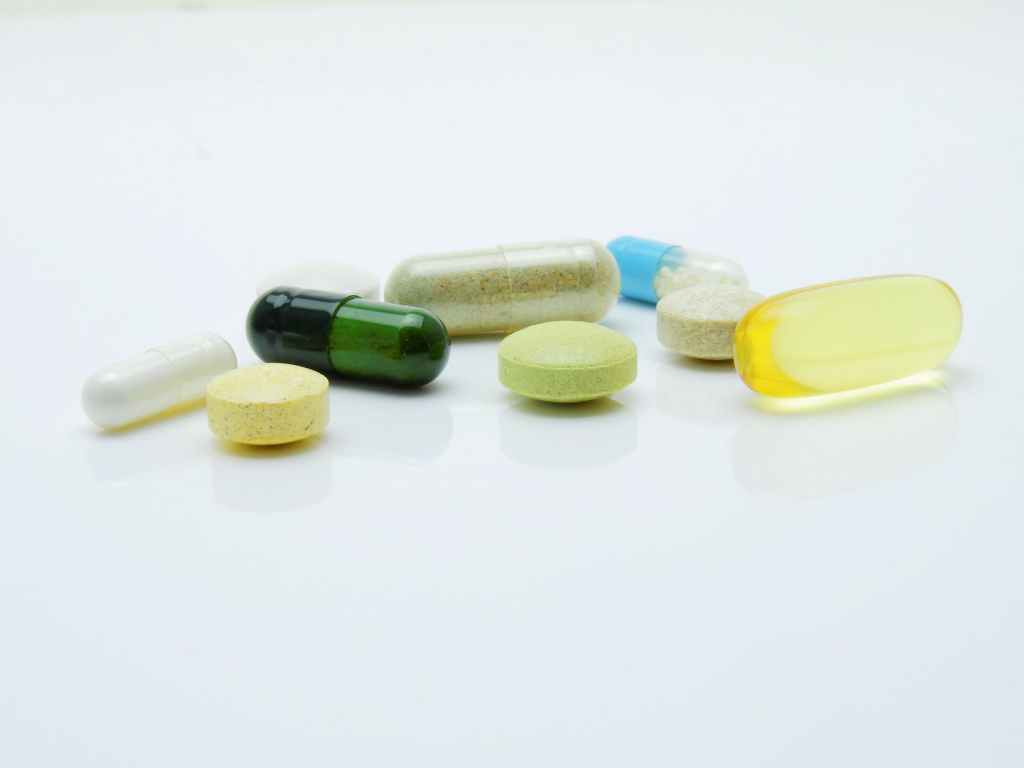
I have been working on this post for a very long time. Medicating ADHD is a divisive topic to begin with, and then the combination of millions of unique ADHDers using a wide variety of medications meant that writing a post like this would need a very thoughtful approach.
I originally began this as a discussion on Twitter back in January. If you prefer hearing about what specific people have experienced using specific medications, this is a great thread to get you started:
But as good as that thread was, it didn’t feel like something I could really turn into a blog post. So last summer I introduced the #ADHDmedsMegaPoll on Twitter, in which I asked for ADHDers who have used medication to treat ADHD to rate the effectiveness of their medications on 20 common ADHD symptoms. I received over 850 responses to each question, up to 1300 on the highest! If you’d like to read the original poll and see the responses for each symptom, you can see it all here:
What we can learn from the data
I am so excited to finally have data that I believe I can share in a way that will be meaningful for just about everyone! For each symptom, I asked folks to determine if their medication 1) Helped significantly, 2) Helped a little, 3) Didn’t help, or 4) Made the symptom worse. I converted all responses to a numerical equivalent, and created a scale to rate the totals. What follows is a summary of the data that tells you and me which symptoms of ADHD we can reasonably expect meds to help with.
The Near-Guarantee! | 1.25 or higher
These symptoms had overwhelmingly positive responses, with greater than 88% of respondents reporting positive impact from medication. When you find the right medication and dose, you can have a high degree of confidence in seeing improvement with these symptoms.
Maintaining attention on boring tasks – 1.46
Concentrating on conversation – 1.37
Follow-through and finishing projects – 1.34
The Good | 1.0-1.25
With these symptoms, most respondents saw some improvement, but with a much smaller percentage claiming significant improvement. When you find the right medication and dose, you should be able to expect some improvement with these symptoms.
Avoiding/delaying tasks – 1.19
Leaving your seat – 1.08
Distracted by activity/noise – 1.05
Impulse control – 1.02
Organization – 1.01
Making careless mistakes – 1.00
The Okay | 0.60-0.99
In this range, more respondents saw improvement more often than not, ranging from 52 to 66% positive responses. While the results stayed overall positive, there were a significant number of responses indicating no improvement. Even with the right medication and dose, you won’t necessarily see much improvement with these symptoms.
If you’re not having success with some of these, you may try another medication, or it might be a great opportunity to build some positive routines to support yourself, like carrying a notebook where you write down things to remember or keeping a fidget in your pocket so you can pull it out when needed.
Remembering things – 0.86
Regulating emotions – 0.85
Waiting your turn – 0.73
Misplacing things – 0.72
Feeling restless/fidgety – 0.72
Fidgeting/squirming while sitting – 0.69
Feeling driven like a motor – 0.66
Interrupting others while busy – 0.63
The Bad | 0.59 and below
These were the worst rated in the bunch, with the majority of the responses being negative, indicating that medication ether did not help, or actually made the symptoms worse. My best recommendation with these is to find a good friend who can help give you a good nudge when you need it. If you have any great tips for working with these, please let us all know in the comments below!
Finishing others’ sentences – 0.51
Talking too much – 0.44
Difficulty relaxing – 0.35
So now what?
Please remember that we are all different, and each medication is also different. Some folks had marked improvement even on the lowest rated symptoms on this list, while others struggled to find relief with the highest. Take this for what it’s worth, simply a guide for what you might hope for. My meds journey is far from over, and it’s terribly frustrating at times. But I don’t want to waste hope on improving symptoms that aren’t likely to be improved through medication, and that’s what I wanted to pass along. Where you can most likely find hope.
What do you think? Does this list reflect your experience? Has it been different for you? Please share in the comments below or add to our conversations on Facebook or Twitter.
~~~
Looking for more great ADHD content?
Check out all of Jamie’s platforms via linktree:

